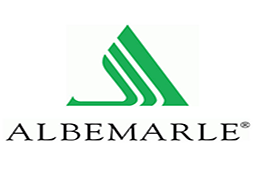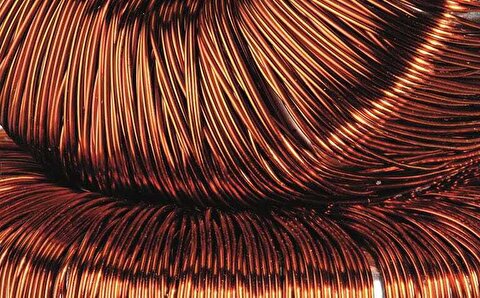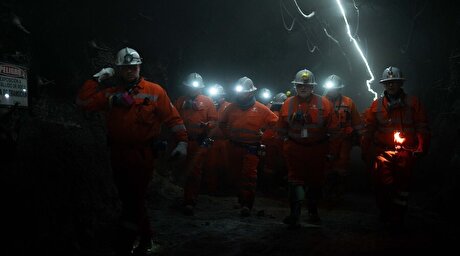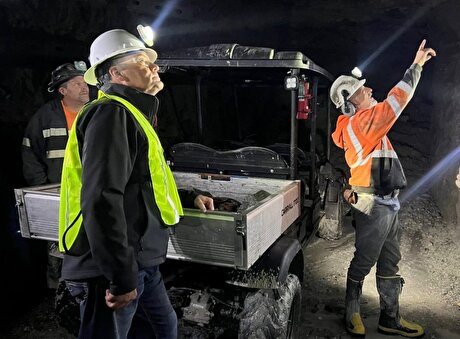
Albermarle gets environmental nod for lithium plant

While the company is still awaiting some other approvals before making a final investment decision on the plant, which is allowed to produce up to 100,000 t/yr, approval by WA's Environmental Protection Authority is seen as a major step forward for the proposed project, estimated to cost around A$1bn ($723mn).
Albermarle, headquartered in Charlotte, North Carolina, owns 50pc of Talison Lithium, which owns and operates the Greenbushes mine, the world's largest producer of hard rock lithium concentrate. The other shareholder is China's Tianqi Lithium, which is building a A$700mn lithium hydroxide plant at Kwinana, south of Perth. Albermarle also has significant lithium operations in Chile, the world's largest lithium brine producer.
Albermarle and Tianqi have spent A$320mn on expanding Greenbushes' capacity and are planning to invest a further $600mn to boost lithium concentrate output to 2.3mn t/yr from 2021.
It is expected that Albermarle will develop five lithium hydroxide "trains", each with a capacity of 20,000 t/yr in a staged development over a few years.
Already the world's biggest supplier of hard rock lithium, WA is increasingly becoming a premier location for downstream lithium conversion, with the main focus on lithium hydroxide. Kidman Resources and its joint-venture partner Chile's SQM have announced plans for a 45,000 t/yr lithium hydroxide plant at Kwinana and Perth-based resources firms Neometals and Mineral Resources are also planning plants.
Battery producers are increasingly preferring lithium hydroxide rather than lithium carbonate for cathodes as it gives batteries greater energy density, capacity and longer life. Concentrate from hard rock lithium can be directly converted into lithium hydroxide, while concentrate from lithium brine must be converted into lithium carbonate before it can be made into lithium hydroxide.
The WA government has established a special lithium and battery materials taskforce to take advantage of the state's lithium production status, along with its output of nickel and cobalt.


Newmont nets $100M payment related Akyem mine sale

First Quantum scores $1B streaming deal with Royal Gold

Caterpillar sees US tariff hit of up to $1.5 billion this year

Gold price rebounds nearly 2% on US payrolls data

Goldman told clients to go long copper a day before price plunge

Australia pledges $87M to rescue Trafigura’s Nyrstar smelters in critical minerals push

Copper price posts second weekly drop after Trump’s tariff surprise

One dead, five missing after collapse at Chile copper mine

Idaho Strategic rises on gold property acquisition from Hecla

Codelco seeks restart at Chilean copper mine after collapse

US slaps tariffs on 1-kg, 100-oz gold bars: Financial Times

BHP, Vale offer $1.4 billion settlement in UK lawsuit over Brazil dam disaster, FT reports

NextSource soars on Mitsubishi Chemical offtake deal

Copper price slips as unwinding of tariff trade boosts LME stockpiles

SAIL Bhilai Steel relies on Danieli proprietary technology to expand plate mill portfolio to higher steel grades

Alba Discloses its Financial Results for the Second Quarter and H1 of 2025

Australia weighs price floor for critical minerals, boosting rare earth miners

Australia pledges $87M to rescue Trafigura’s Nyrstar smelters in critical minerals push

Fresnillo lifts gold forecast on strong first-half surge

US slaps tariffs on 1-kg, 100-oz gold bars: Financial Times

BHP, Vale offer $1.4 billion settlement in UK lawsuit over Brazil dam disaster, FT reports

NextSource soars on Mitsubishi Chemical offtake deal

Copper price slips as unwinding of tariff trade boosts LME stockpiles

SAIL Bhilai Steel relies on Danieli proprietary technology to expand plate mill portfolio to higher steel grades

Alba Discloses its Financial Results for the Second Quarter and H1 of 2025

Australia weighs price floor for critical minerals, boosting rare earth miners

Australia pledges $87M to rescue Trafigura’s Nyrstar smelters in critical minerals push

Fresnillo lifts gold forecast on strong first-half surge














